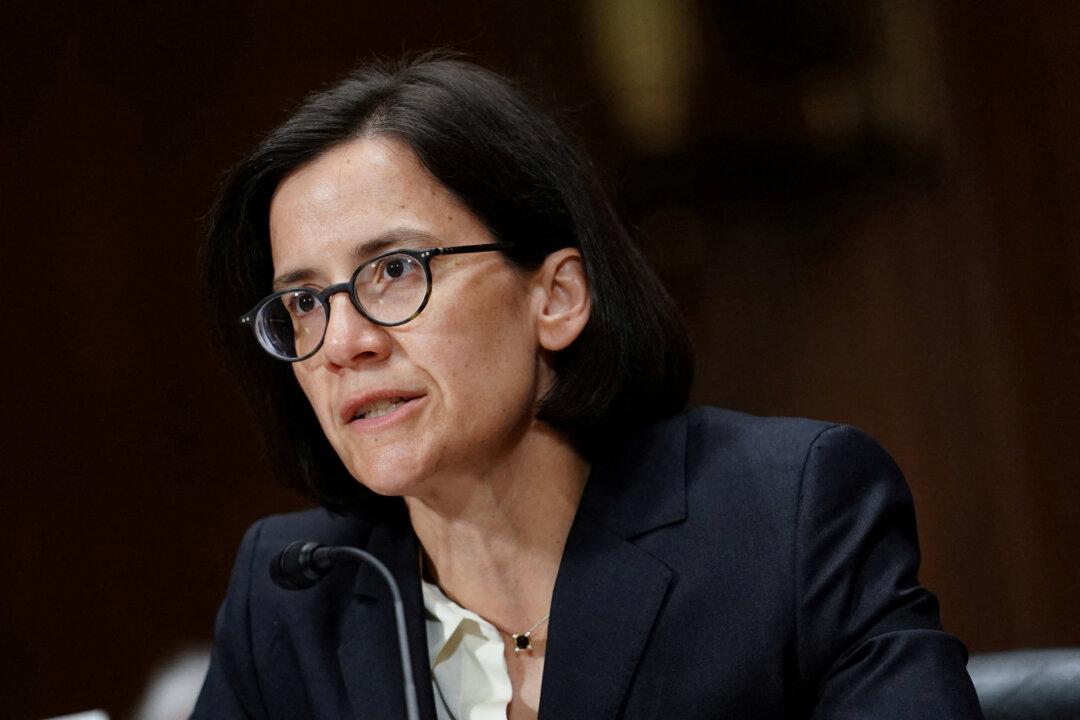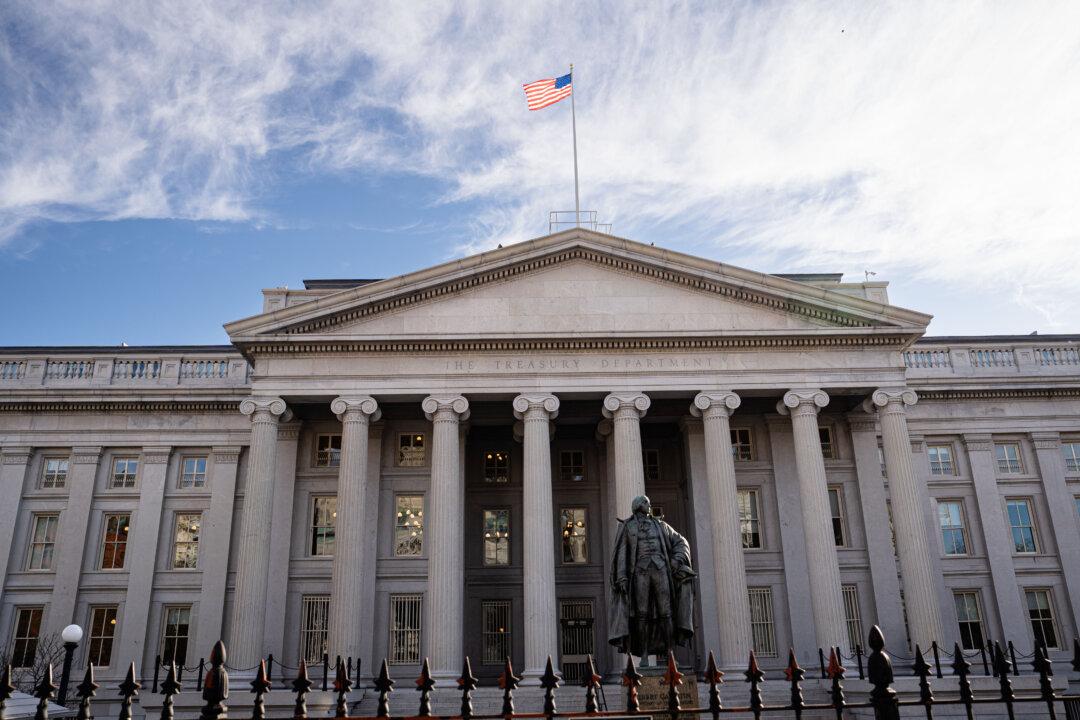The United States and Japan have agreed to strengthen their operational collaboration on cybersecurity, according to the U.S. Department of Homeland Security (DHS).
According to the DHS, the agreement will allow their agencies to enhance the security of critical infrastructure, foster more partnership opportunities, and continue sharing best practices with Indo-Pacific partners on cybersecurity.
“We will work closely to harmonize security systems between Japan and the United States for software and IoT devices, including cooperation in human resource development in the Indo-Pacific region,” Nishimura said on Twitter.
Japan–Australia Cybersecurity Pact
Japan signed a bilateral security agreement with Australia in October 2022, covering military, intelligence, and cybersecurity cooperation to counter the deteriorating security outlook driven by China’s increasing assertiveness.The upgrade of the Joint Declaration on Security Cooperation, a pact first signed in 2007 when governments weren’t as concerned with the Chinese Communist Party’s rising power, was the major outcome of Japanese Prime Minister Fumio Kishida’s meeting with his Australian counterpart, Prime Minister Anthony Albanese, in Australia’s west coast city of Perth.
The declaration covers military interoperability, intelligence, cybersecurity, operations in space, law enforcement, logistics, and protecting telecommunications.
The declaration also refers to cooperation in “resisting economic coercion and disinformation”—threats that China is widely accused of.
Kishida said the new framework of cooperation had been developed under an “increasingly harsh strategic environment.”
Growing Cyberattacks
Japan has scrambled to improve its cybersecurity in response to a growing number of attacks. In the first half of 2022, the country recorded 114 ransomware attacks on local companies, an increase of 87 percent from the previous year, The Japan Times reported.Japanese authorities suspect that hackers used a distributed denial-of-service (DDoS) attack to overload websites with a large amount of data and blocked users from accessing the websites.





